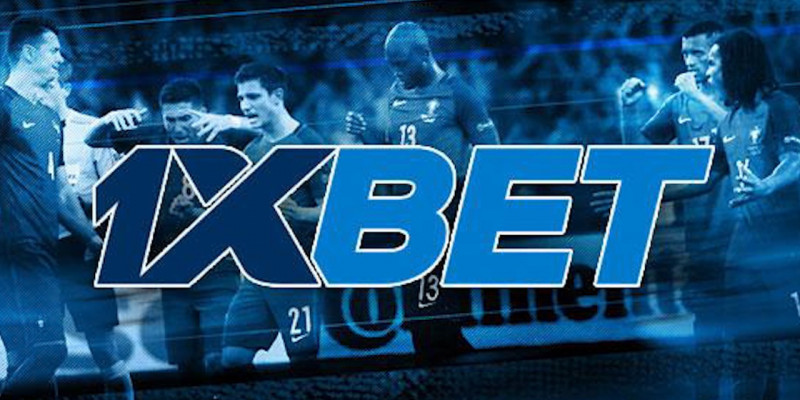
Sports betting has evolved from a casual pastime into a sophisticated industry shaped by data, psychology, and technology. Whether you are a newcomer placing your first wager or a seasoned bettor refining your edge, understanding fundamentals is essential. For those curious about adjacent gaming experiences that combine chance with quick rounds, consider options like sport bet plinko malaysia real money to explore how different forms of risk and reward compare.
At its core, sport bet is about making decisions under uncertainty. The objective is not simply to pick winners but to identify value — occasions when the odds offered by bookmakers underestimate the true probability of an outcome. Mastering this concept separates recreational gamblers from disciplined bettors. Value-based betting demands rigorous analysis: you must estimate probabilities more accurately than the market or exploit inefficiencies caused by public bias, incomplete information, or slow odds adjustments.
One of the foundational tools for successful betting is bankroll management. Without it, even a winning strategy can be wiped out by variance. Establish a separate bankroll dedicated solely to wagering and determine unit sizes that reflect your risk tolerance. Many experienced bettors recommend staking between 1% and 5% of your bankroll per wager, adjusting the percentage according to confidence and edge. Consistency in staking helps survive losing streaks and capitalizes on favorable runs.
Data analytics has become central to modern sports betting. Advanced models incorporate player-level metrics, historical matchups, situational variables (like weather, rest, travel), and even real-time tracking data. Machine learning techniques can help detect non-linear relationships and interactions that simpler approaches miss. However, sophisticated modeling is not a guarantee of profit: overfitting to past data and ignoring domain knowledge are common pitfalls. Combine quantitative methods with qualitative insights from match reports, injury updates, and tactical analysis to form robust predictions.

Market understanding is another critical competency. Odds movement reflects the collective intelligence of the market and the behaviour of sharp bettors and syndicates. Monitoring line shifts can reveal where professional money is flowing and highlight potential opportunities or traps. Be wary of public-driven bias, especially in popular markets like major football leagues or marquee boxing matches, where bookmakers adjust lines to balance liability rather than to reflect pure probability.
Specialisation often improves results. Deep knowledge of a particular league, player pool, or betting market enables you to spot nuanced edges. For example, focusing on lower-division matches or niche sports where less sophisticated modeling is applied by bookmakers can produce exploitable inefficiencies. Alternatively, concentrate on in-play (live) betting if you have a talent for reading momentum and interpreting unfolding events faster than the market. Whatever you choose, commit to learning the context, patterns, and hidden variables that affect outcomes.
Psychology and discipline are frequently underestimated. Emotional betting after losses, chasing parlays for a quick recovery, or overconfidence after a win can erode gains. Implement rules to curb impulsive actions: set maximum daily or weekly bet limits, use cooling-off periods after significant losses, and keep records of every wager to analyze trends in your decision-making. Journaling your bets — including rationale, expected value, and outcome — will reveal behavioral biases and areas for improvement.
Responsible gambling should always be emphasized. Betting can be entertaining, but it carries real financial risk. Set boundaries for time and money, never stake what you cannot afford to lose, and be attentive to warning signs of problematic play such as preoccupation with wagering, escalation of bet sizes, or neglecting personal responsibilities. Many operators provide tools for self-exclusion, deposit limits, and session timers — use them proactively if needed.

Regulation and choosing reputable platforms matter. Ensure you use licensed bookmakers with transparent terms, reliable odds, and prompt payouts. Check jurisdictional rules about taxes, legal protections, and dispute resolution. In some markets, promotions and bonuses can offer value, but examine the wagering requirements carefully before participating. Promotions might appear attractive yet can impose unrealistic playthrough conditions that negate potential benefits.
Betting markets vary in liquidity and efficiency. Major football, basketball, or horse racing markets attract large volumes and sharper lines, making consistent profit more challenging without advanced tools. Smaller markets, niche leagues, and proposition bets sometimes display greater mispricings. However, lower liquidity can also lead to erratic odds and higher variance. Balance your strategy between markets where you can apply your strengths and those that match your tolerance for volatility.
Hedging and diversification are practical risk-management techniques. Hedging allows you to lock in profits or minimize losses by placing counter-bets as circumstances change. Diversifying across bet types (moneyline, totals, handicaps) and events reduces dependence on single outcomes. Avoid excessive correlation in your portfolio of bets; a series of wagers tied to the same underlying variable (e.g., a single team) can magnify risk.
Education is continuous. Regularly update your models, study betting markets, and learn from both successes and failures. Engage with communities, read expert analyses, and follow statistical resources relevant to your chosen sports. Keep an eye on technological developments: improved data sources, faster betting interfaces, and automated strategies can offer competitive advantages when used responsibly.
Finally, set realistic expectations. Even the best bettors experience variance, and long-term profitability often requires patience, discipline, and incremental improvements. Aim for consistent, positive expected value rather than unrealistic short-term windfalls. By combining sound bankroll rules, analytical rigor, market awareness, and responsible gambling practices, you can approach sport bet with a methodical mindset that enhances both enjoyment and the likelihood of success.


